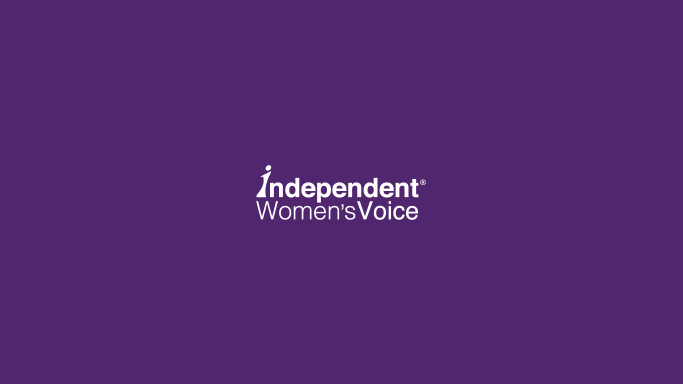If you have a son or daughter ready to graduate from college and enter the workforce, you might see them facing a heavy financial burden that previous generations haven’t faced. This obligation, not incurred by them, will limit their professional choices and take money from them that they might prefer to allocate in other ways (savings accounts, for example, if they are thrifty).
Healthy young people could be forced by law to buy health insurance. But they might need health care, you say. Unfortunately, this legally enforceable requirement would not be to benefit them.
The premiums they will be required to pay will go to support an onerous, heavily government-regulated (if not actually run) system that is not designed to help those who will be required to assume the cost. It will be the only way to pay for the government’s mandate that pre-existing conditions can’t be a factor in the insurance market.
What this really amounts to, as explained in the Wall Street Journal today, is a gigantic wealth transference:
But the combination of a guaranteed issue, community rating and an individual mandate means that younger, healthier, lower-income earners would be forced to subsidize older, sicker, higher-income earners. And because these subsidies are buried within health-insurance premiums, the massive income redistribution is hidden from public view and not debated.
If Congress goes down this road, health insurance premiums will increase dramatically for the overwhelming majority of people. Even if Congress mandates that everyone have health insurance, many will choose to go without and pay the tax penalty. If you think people are dissatisfied with health care now, wait until they understand that Congress voted to mandate hidden premium increases and lower wages.
There are wiser and more equitable ways to ensure that every American has access to affordable health insurance. Policy experts and state policy makers have experimented with different solutions, including high risk pools and taxpayer-funded vouchers subsidized for those who are both poor and sick. Medicaid, charity care, and uncompensated care provided by hospitals cover some of these costs today.
I must say, if I were a parent—or more to the point, a young person just entering the post-graduate world of work and family—I would not be pleased.

